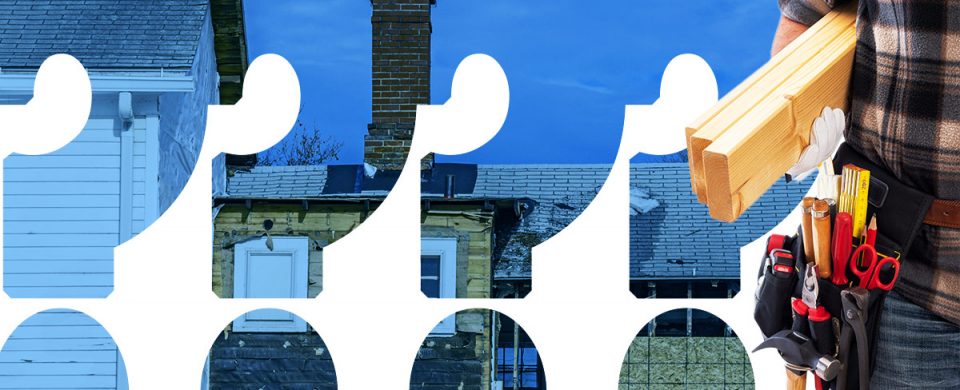9 December 2019,
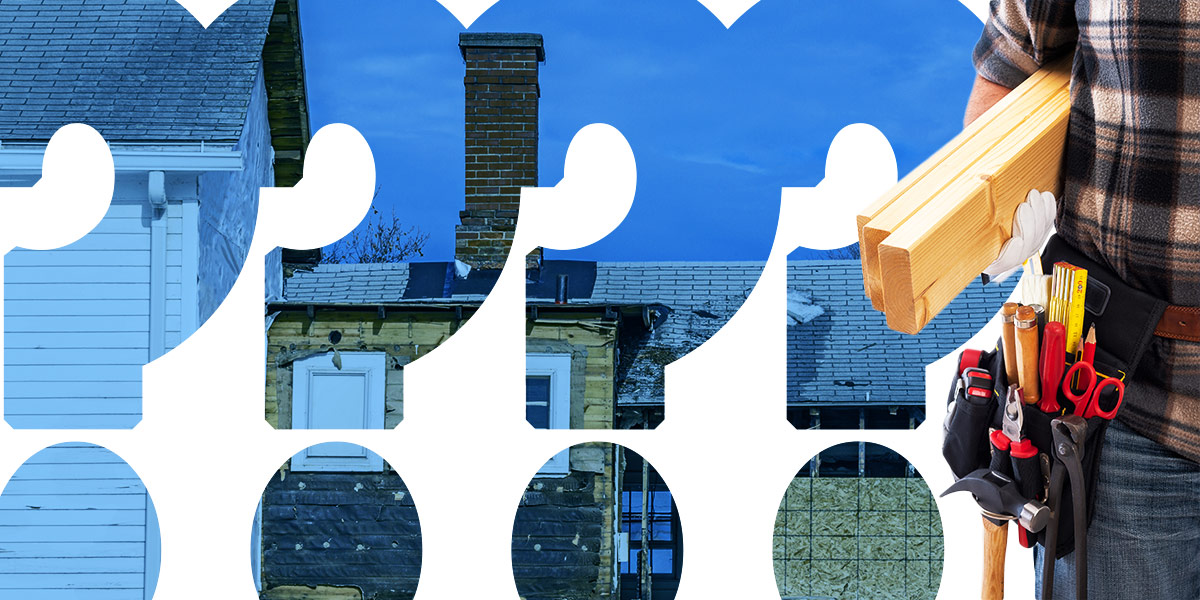
In Toronto, space is gold because real estate prices are through the roof! Homeowners who need more space have 2 choices – buy a bigger home or build an addition or accessory structure.
This decision is not an easy one to make.
Selling a house and buying a new one is a very serious financial undertaking.
It will involve huge expenses and qualify again for a mortgage which is not easy to do.
If you decide to sell and buy, it also requires logistical planning and timing.
Oh yes, it can be quite a complicated move.
The other choice is to stay in the current home and build an addition or accessory structure.
Is this a much better option?
Read on to know more about building an addition or accessory structure in Toronto to weigh the pros and cons.
What is an addition or accessory structure?
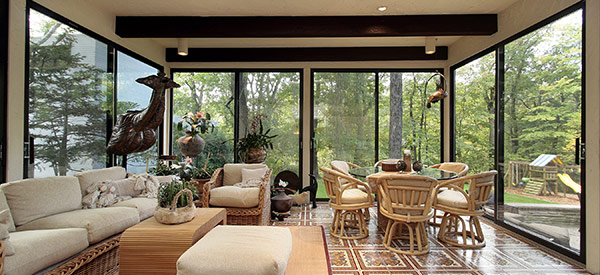
A home addition can be an ideal way of extending your house and gaining more living space.
This option is preferred by homeowners who don’t relish the thought of leaving their neighborhood or don’t want the stress of selling and moving out.
A home addition can be a faster and cheaper way of getting a bigger home for your needs.
Examples of home additions:
- Storey Addition
- Garage Addition
- Above garage addition
- Sunroom
- In-law suite
- Side addition
- Rear addition
A home addition needs to look like it is really a part of the house.
Home addition experts can help you with finding the right design and materials for a successful project that is within your budget.
How is an accessory structure different?
Accessory structures are outdoor structures like a shed, detached garage, pergola, boathouse, pool house, cabana, greenhouse, or other similar buildings.
Pools and spas may also be considered as accessory structures.
A home addition could be the best decision you ever make for your house. However, you must consider several factors before investing your money into the project.
✓ Are you extending to increase the value of your house before a sale?
✓ Do you need more space?
✓ Are you doing it to increase the aesthetics of your home?
The cost of your project and the type of addition you make will depend on your needs and wants.
If you are planning to extend your existing house, find a good home addition contractor from our network and receive free and no-obligation quotes to help you.
The Benefits of building a home addition for Homeowners

In the last few years, home prices in Toronto have dramatically increased, making it one of the most expensive real estate markets in the country.
Thus, homeowners have found it difficult to decide whether to move to a new house or remodel with a home addition.
When you are taking on a huge project such as a home addition, you want to know if it is financially worthy for you and what other benefits you can gain.
Moving to a new home is stressful, not to mention expensive.
GTA homeowners have realized that a home addition is a less expensive option that provides the EXTRA SPACE they need while increasing the market value of their homes.
Look at the benefits of building a home addition:
✓ More living space
✓ Increased storage space
✓ Increase in the home’s market value
✓ Improved aesthetics
✓ Increased functionality of the home
A growing family, change in lifestyles, and improved incomes are common reasons to want a home addition.
Adding one or two more rooms to your home can help you meet your growing needs.
Consider a home addition rather than moving to a new home.
Consult experienced and reputable contractors to help you in planning your project.
How much will a Toronto home addition cost you?
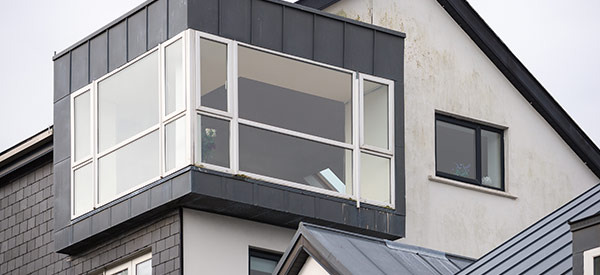
The various types of home additions cost differently, depending on the size and materials you choose.
On average, a home addition project can cost from $20,000 to $65,000 (from $90 to $200 per sq. ft.)
Your total price depends on your requirements.
Are you adding a small room or a second floor?
To give you an idea of what to expect, check out the average prices that homeowners get from professional contractors in Toronto.
Home Addition: Average Prices in Toronto
|
| Type of project |
Average price |
| Second floor addition (turn-key) |
$150 to $220 per sq. ft. |
| Garage |
$100 to $175 per sq. ft. |
| Home addition (pile) |
$135 to $200 per sq. ft. |
| Home addition (foundation) |
$170 to $260 per sq. ft. |
| Home addition (slab) |
$130 to $200 per sq. ft. |
| Sunroom |
$150 to $230 per sq. ft. |
Consider the following for planning your budget for a home addition
Generally, the price varies from one project to another. It will help you plan your budget to consider the following factors:
- Architectural fees: From 10% to 20% of the project cost.
- Excavation and demolition
- Framing: From $6 to $10 per sq. ft. The cost to frame an area of 1,000 sq. ft. can amount to $8,000.
- Drywall: $40 to $60 per panel with materials and labor
- Roofing: The cost depends on the roofing material. Metal is expensive but there are many other options you can choose from.
- Electrical: Can cost from $50-$100 per hour for wiring.
- Plumbing: If you are adding a bathroom, plumbing costs can increase your budget by several thousands of dollars.
- Painting
- Furniture and accessories
You can check out the different materials and costs for framing a home addition from professional contractors.
Plans and Permits for Home Additions
If you are planning a home addition, you must check the city requirements for the type of addition you want, including the permitted dimensions, materials, etc.
Some municipalities also require that an architect sign off on your design before providing a building permit.
Depending on the area, the cost of a permit for a home addition can cost from $200 or more.
Plans, however, are more expensive and would depend on how complex they are.
In general, professionals can charge as much as $3,000 or 10% or higher of the total project cost.
Many GTA municipalities provide information online including application forms for permits.
Check out our guide on home expansion projects in Toronto to get more details on permits, designs, and costs.
Crucial Steps to Planning your home addition
Extending your home can be a complex process.
By knowing the steps to take and setting up a clear plan, you will simplify the process and make it a less stressful endeavor.
STEP 1: APPLY FOR A PERMIT.
In Toronto, a building permit is required for home additions that change the structural foundation of the home.
You can apply for a building permit in person or online.
If you plan on starting your home addition in the spring, it is a good idea to apply for a permit as early as January as it can take up to 4 weeks to process and get it approved.
STEP 2: DETERMINE YOUR BUDGET.
The budget is a very important factor in deciding on the design and materials for your home addition.
Once you know how much you can afford, it becomes easier to plan the project.
STEP 3: SEEK A HOME ADDITION CONTRACTOR.
Once you have established your budget, it is time to seek a home addition contractor.
While you can get referrals from relatives or friends, it is more efficient to obtain multiple quotes (free of charge) from a comparison platform like Compare Home Quotes.
This allows licensed contractors to bid for your project so you can find the offer with the best value.
When you have chosen your contractor, you can now work on finalizing the design and materials with the company and execute a written contract.
Make sure to read the fine print and understand the warranties, inclusions, add-ons, and cancellation policy.
Your contractor will work with you very closely regarding the project.
Choose a contractor who is reliable, professional, experienced, and has a proven track record for home addition projects.
How to plan an accessory structure: Things to consider

Unlike typical home additions, an accessory structure is not generally considered as a living space.
These structures are generally used by homeowners for entertainment, relaxation, storage, hobby/work, etc.
Each city or municipality would have ordinances regarding accessory buildings.
It is important to check your local ordinances to ensure compliance.
Sheds, detached garages, and other structures are regulated by zoning by-laws.
They are considered “incidental” to the main use of your land, which is, for the residence.
For instance, in Vaughn, you need a building permit for any detached structure that is:
✓ 10 meters in size or more
✓ Connected to another structure (no matter what size)
✓ Occupying less than 10 meters but with plumbing
In Toronto, no structure can exceed 2% of the lot area except a carport, swimming pool, or private garage.
A garage also has a minimum requirement of 18 sq. meters of floor space.
Planning your accessory structure follows the same basic steps outlined above as a home addition.
Compare and choose from multiple quotes from reputable and qualified professionals.
Design requirements from a qualified designer must have:
- The designer’s name and registration number
- Identification number or building code identification number (BCIN)
- Designer’s signature
- A statement from a qualified designer taking responsibility for the design and review
You may refer to zoning guidelines and requirements for accessory structures from the City of Toronto.
Obtaining the proper permits and following existing zoning by-laws when planning your structure are critical steps to ensuring safety.
It is also important when you try to sell your home in the future.
A reputable contractor can assist you in identifying and obtaining the permits required for your project and make sure it complies with the building code.
Can you save money from a home addition with a DIY project?

Are you worried about the expense of a home addition and wondering if you can DIY the project?
Don’t be fooled by reality shows into thinking that DIY home renovations are a piece of cake.
A home addition requires almost the same components as a brand new house.
Many of these components – electricity, plumbing, roofing, insulation, HVAC, etc..- should be performed by licensed professionals for safety and standards.
Unless you are a qualified professional, you will need experienced tradesmen to do much of the work in order to ensure quality.
Of course, you can act as your own general contractor and hire subcontractors.
You will then be the boss during the project and be responsible for supervising the work.
Be careful, though, because acting as your contractor, even when you hire friends, could make you legally responsible for any injuries or accidents at the site.
In contrast, a licensed contractor will possess the mandated liability, damage, and workers’ compensation insurance to protect you from risks.
In theory, DIY projects can save you money from labor costs.
However, other expenses can crop up such as the purchase of essential equipment and waste of materials due to mistakes.
It will also take you longer to finish the project and this can increase your costs.
Benefits of working with qualified Toronto renovation contractors

Many people don’t really have a lot of experience in interior design or construction.
If you have made up your mind to do a renovation project on your property, you will find that there are a million things you must take care of – preparing the home for construction, storing furniture, picking out designs and materials, planning your budget, and looking for people to hire for the work.
It is a lot of work for any person to make the design, estimate the cost and materials, obtain permits, and supervise the construction.
If you are not Superman, you will probably fail in one or all aspects.
To save yourself from all the hassle, consider hiring a professional contractor to gain the following benefits:
#1: Quality Workmanship
When you hire a reputable contractor, you can be sure of high-quality workmanship.
In fact, reputable contractors provide warranties for the work to give you peace of mind.
In case something goes wrong, the contractor will correct deficiencies at no extra cost to you.
#2: Unique designs
Many home renovation companies have in-house designers that can provide unique designs for your project.
Of course, the design you choose must ultimately reflect your personality and lifestyle.
#3: Insurance
In every project, there is always a risk of injury or damage.
Licensed contractors are required to carry liability insurance ($2 million) to cover damages to your property or your neighbor’s property as well as workers’ compensation insurance.
#4: Turn-key services
Contractors offer turn-key renovation services that allow homeowners to be stress-free.
Your contractor can take care of everything from start to finish and present you with a finished product that exceeds your expectations.
#5: Expertise
With a professional home renovation contractor, you have an expert by your side to resolve any problems that arise.
The work will be efficient and on time.
#6: Savings
Most people think that hiring a contractor will make a project more expensive.
While you will be spending on labor and installation, you can actually save time and money.
Professionals know how to estimate the materials you need to avoid buying in excess.
Materials are also properly installed, reducing the chances of mistakes and re-installation.
And because the work is done in a timely manner, you also save time by finishing the project as soon as possible.
A home addition or accessory structure requires an investment of time and money.
You don’t want somebody unexperienced making changes to your beloved home.
Aside from the huge expense, you could be spending more on correcting deficiencies or spending a lifetime regretting your decision.
If you need a home addition to your Toronto home, count on our experienced and reliable renovation partners!
Fill out the form on this page and receive FREE and NO OBLIGATION quotes for your project.
Can you live above your garage in Toronto?
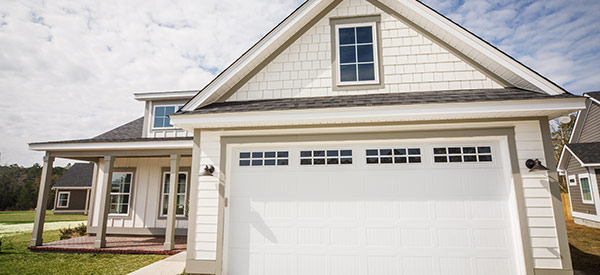
Toronto’s housing needs continue to grow while private vehicle ownership has become less necessary.
Thus, thousands of garages in the GTA have become redundant.
Since 2014, about $30 million has been spent by Toronto homeowners on garage projects.
Yes, the garage rebuilding boom is well in place in the city with homeowners seeking innovative ways to create additional living space.
Building code restrictions are also in place to ensure safety standards are met.
If you are building a room above the garage, it will require special ventilation.
Amendments to the zoning by-laws have made it possible to construct what are called laneway suites in residential neighborhoods in the Toronto area such as on top of an existing garage.
Please note that certain conditions must be met when applying for a permit for laneway suites.
- Entrance must not be more than 45 meters away from a public street to allow the entry of Toronto Fire Services vehicles
- Not more than 2 floors or more than 6 meters in height. It must also be a single unit.
- The suite must be separate from the back of the existing home by 5 to 7 meters
- The suite must also be set back from the rear of the home by a minimum of 1.5 meters and not more than 8 meters in width or 10 meters in length.
This type of unit can be very useful for an adult child living in the home or elderly parents.
It is not required to have parking provisions for the suite.
If you are interested in this type of home addition, it is advisable to speak to a reputable and experienced Toronto home addition contractor.
Connect with professional home renovation contractors today using a short online form on this page!
Compare services and prices to find the right contractor for your project.
We have the best home addition contractors here!
Our partner home renovation contractors specialize in home additions and accessory structures that can meet your needs and budget!
We carefully screen them based on their qualifications, track record, service, and professionalism as we endeavor to provide competitive quotes from reputable professionals.
Searching for the best home addition contractor can be overwhelming and time-consuming.
We have simplified it for you to help you save time and money.
Fill out the form below to connect with licensed home addition contractors in Toronto and receive up to 3 FREE and NO COMMITMENT QUOTES tailored to your needs.





